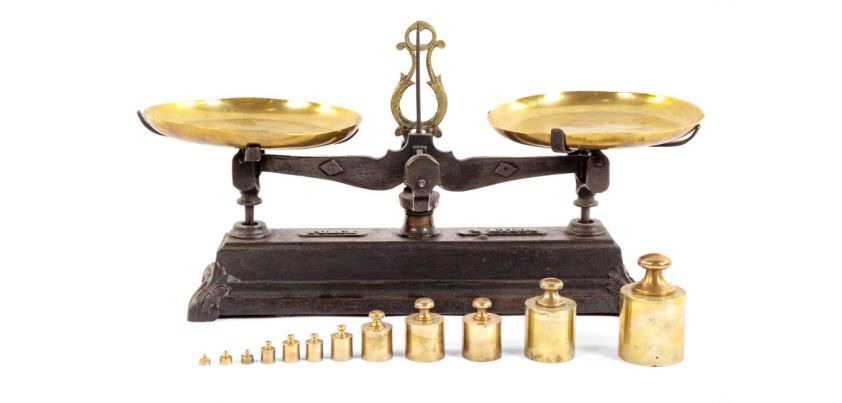 This farcical comedy by Heinrich Böll can be looked at from two perspectives. The first is as a Christmas satire. After years of austere Christmases during World War II, the wife of a German businessman becomes hysterical when the tree for the traditional lavish family Christmas of 1946 is taken down. To prevent her being institutionalized, her family agree to re-celebrate Christmas Eve every day of the year. They go to ridiculous lengths to do this, destroying family unity in the process. Themes: family, tradition, mental illness, alienation, dehumanization, commercialization and loss of the spiritual meaning of Christmas, facing reality. More…
This farcical comedy by Heinrich Böll can be looked at from two perspectives. The first is as a Christmas satire. After years of austere Christmases during World War II, the wife of a German businessman becomes hysterical when the tree for the traditional lavish family Christmas of 1946 is taken down. To prevent her being institutionalized, her family agree to re-celebrate Christmas Eve every day of the year. They go to ridiculous lengths to do this, destroying family unity in the process. Themes: family, tradition, mental illness, alienation, dehumanization, commercialization and loss of the spiritual meaning of Christmas, facing reality. More…
Archives
The Balek Scales
 This story from Heinrich Böll is a social commentary about a rich family’s exploitation of farm workers. This occurs on three levels, characterized by different forms of “scales”: 1) systematic cheating, involving an incorrectly balanced set of weighing scales; 2) legal injustice, where the scales of justice are weighted firmly in favor of the landowners; and 3) social injustice, where the imbalance of power results in poor pay, long hours, and dangerous working conditions. The workers are incensed by the cheating, but accept the other injustices. Other themes: the whistle-blowing family’s courage and pride, church and wider community apathy. More…
This story from Heinrich Böll is a social commentary about a rich family’s exploitation of farm workers. This occurs on three levels, characterized by different forms of “scales”: 1) systematic cheating, involving an incorrectly balanced set of weighing scales; 2) legal injustice, where the scales of justice are weighted firmly in favor of the landowners; and 3) social injustice, where the imbalance of power results in poor pay, long hours, and dangerous working conditions. The workers are incensed by the cheating, but accept the other injustices. Other themes: the whistle-blowing family’s courage and pride, church and wider community apathy. More…
The Laugher
 It is tempting to dismiss this story by Heinrich Böll as an entertaining bit of nonsense. On the surface, it is the unlikely tale of a once aspiring actor whose only talent is laughing convincingly and, where required, infectiously on demand. Although much sought after and a financial success, he detests the work because laughter is not in line with his usually sombre character. The story is a sad metaphor for the millions of people around the world who also find themselves trapped in unsatisfying jobs for which they may not be suited. More…
It is tempting to dismiss this story by Heinrich Böll as an entertaining bit of nonsense. On the surface, it is the unlikely tale of a once aspiring actor whose only talent is laughing convincingly and, where required, infectiously on demand. Although much sought after and a financial success, he detests the work because laughter is not in line with his usually sombre character. The story is a sad metaphor for the millions of people around the world who also find themselves trapped in unsatisfying jobs for which they may not be suited. More…